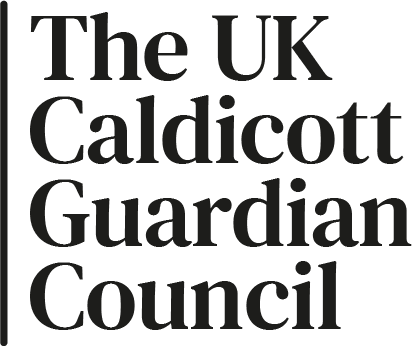Council Meeting
16 August 2022
Present
Dr Arjun Dhillon (Chair), Dr Chris Bunch (Vice-Chair), Mr Adrian Marchbank, Carey Bloomer, Dr George Fernie, Helen Dyer, Prof Martin Crook, Col Rob Russell.
Guests
Alison Tingle (NHS England), Phil Booth (medConfidential), Phil Koczan (NHS England), Rachel Merrett (NHS England), Sarah Bowes (NHS England), Tristan Stanton (NHS England).
Observers
Dr Alex Crowe, Claire Rafferty, Debbie Topping, Dr Erum Nomani, Dr Farrukh Shah, Dr Fu Meng Khaw, Karen Swift, Dr Neil Bhatia, Ryan Avison.
Apologies
Allison Newell, Andrew Harvey, Dr Cait Taylor, Christopher Fincken, David Riley, Brig Duncan Wilson, Dr Faouzi Alam, Gill Bennett, Dr Julian Marks, Dr Matt Noble, Rhidian Hurle, Prof. Robert McClelland.
Declarations of interest
Can be found on register of interests. No other new interests were declared.
Action log
The action log was reviewed. Four actions remain open with an update provided by the Chair on progress for each. All other actions were agreed as having been completed prior to this meeting.
Chair and Vice Chair’s report
The Chair and Vice Chair updated Council on recent activities and the key meetings they have attended including:
Submitted the UKCGC response to the Home Office consultation: ‘Police requests for third party material’
The Chair wrote to the Integrated Care Systems, offering Council support to Caldicott Guardians who will be sitting on Integrated Care Boards
Met with the Urgent Community Response (UCR) teams to discuss governance and information sharing for UCR referrals
An introductory meeting with Rhidian Hurle, Medical Director and Chief Clinical Information Officer, Digital Health and Care Wales
Regular meetings with Dr Nicola Byrne (National Data Guardian), discussing priorities and assessing how the UKCGC can support the work of the NDG
Attended the National Data Guardian Panel meeting in July
UKCGC Breakfast clubs and workshops continue to be arranged for the year with the support of Council and the Secretariat
Requests for advice to Council
Council discussed recent requests for advice. The Chair noted that requests were mostly routine questions where the secretariat signposted inquirers to the relevant guidance. However, Council did receive some interesting queries relating to reconciling the use of research data with Caldicott principle 8, managing the records of an adopted child and an audit research scenario. Council members considered these requests and a discussion followed.
Introduction to medConfidential
Phil Booth, medConfidential, presented an overview on his organisation. medConfidential campaigns for confidentiality and consent in health and social care and seeks to ensure that every flow of personal data across and around the NHS and wider care system is consensual, safe, and transparent.
The presentation and subsequent discussion followed three specific strands: the development of the federated data platform (FDP) and the NHS national data platform: the journey towards integrated care systems (ICSs) (integrated care boards and integrated care partnerships) and the use of data by ICSs: information governance (IG) guidance, training and support.
Council thanked Phil for his useful presentation and the conversation and said that the Council would be happy to continue engaging if that would be helpful.
Accelerating Patient access to future health records programme
Tristan Stanton (NHS England) attended with his team to update Council on the Accelerating Patient Access to future health records programme. The programme aims to empower people to manage their own health and care records to deliver better health outcomes, improve patient experience and increase efficiency.
Council welcomed the initiative, but some concerns were expressed. Although the current focus is on access to records going forward, the ultimate aim is to provide access to historical records (It was noted that this will be the case whenever a patient changes practice). Providing patients with access to their records should reduce the present workload from subject access requests, but historical records are likely to require careful review with redaction of third party identifiers and any information for which disclosure is likely to be harmful to the patient.
Clarity was sought on data controllership. Conventionally, GP practices are considered to be the controllers of their patients’ data, but by the nature of the centrally directed programme, NHS England appears to be determining the means of processing. It could be helpful for GPs to see the legal advice the programme received relating to this.
Council thanked the team for attending to provide an update of the programme and offered further support as they work through the remaining challenges.
Other Business
No other business raised.
Next meeting
The next meeting will be held virtually on Wednesday 19 October 2022.
